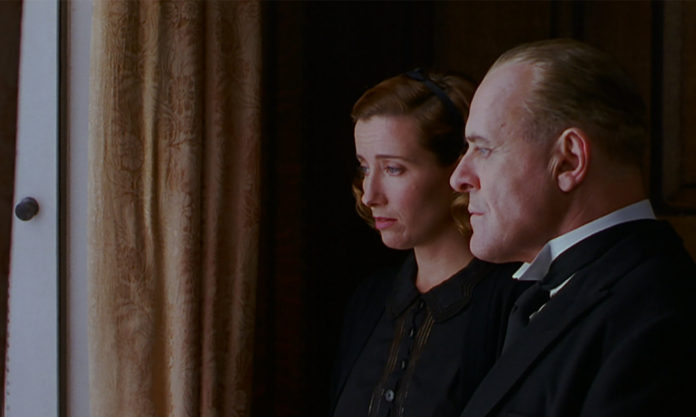In an article for Lit Hub, Natalie Jenner praises the unhappy happy ending.
Writers often want to give their characters the happy-happy ending. We’ve lived with them so long and put them through so much, it’s hard to let them go without giving them the promise of a better life. “These surface wins for a character, though, reflect only one type of happy ending,” Jenner says. “Characters—and therefore readers—win when they undergo positive change and show us what is possible in a variety of challenging circumstances, or at least survivable, so that we can derive some measure of hope for our own lives and personal growth. That is why happy endings need not end with happiness.”
Jenner examines a number of novels with somber endings, including Brideshead Revisited, The Age of Innocence, and The Remains of The Day, and how each author gave their protagonist what they needed, even if it wasn’t what would make them happiest. “It turns out that unhappy happy endings, although far less dramatic, are much more realistic than the happy ending of a double wedding or an outright unhappy one, where someone walks into the ocean in poetic but definitive defeat,” Jenner says. “Unhappy happy endings are, in the end, our real-life middles.”












